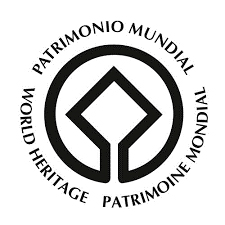Welcome to World Heritage USA
The World Heritage Convention is the most widely accepted international conservation treaty in human history. The World Heritage Convention, adopted by UNESCO in 1972, was founded on the American national park idea and its combined conservation of cultural and natural sites.
Tourism and Sustainable Development
A World Heritage Site designation is the only global marker of Outstanding Universal Value. People the world over increasingly use this stamp of approval when planning travel. Sites with robust tourism planning, implementation and management enjoy the economic and quality of life benefits of World Heritage List inscription.
Recognition, Pride and Stewardship
World Heritage sites are an important source of pride to those in the community, and thus often enjoy better support and spur better conservation efforts. The formal recognition of Outstanding Universal Value results in greater understanding, appreciation, and protection.
Who is ICOMOS?
The International Council of Monuments and Sites (ICOMOS) is an essential advisor to UNESCO and the World Heritage Program. US/ICOMOS, founded in 1965, was the first of the national committees, now numbering more than 100, and remains a robust and active member of the global network.

The World Heritage Emblem symbolizes the interdependence of cultural and natural properties. The central square represents the result of human skill and inspiration and the circle represents nature, the two being intimately linked.